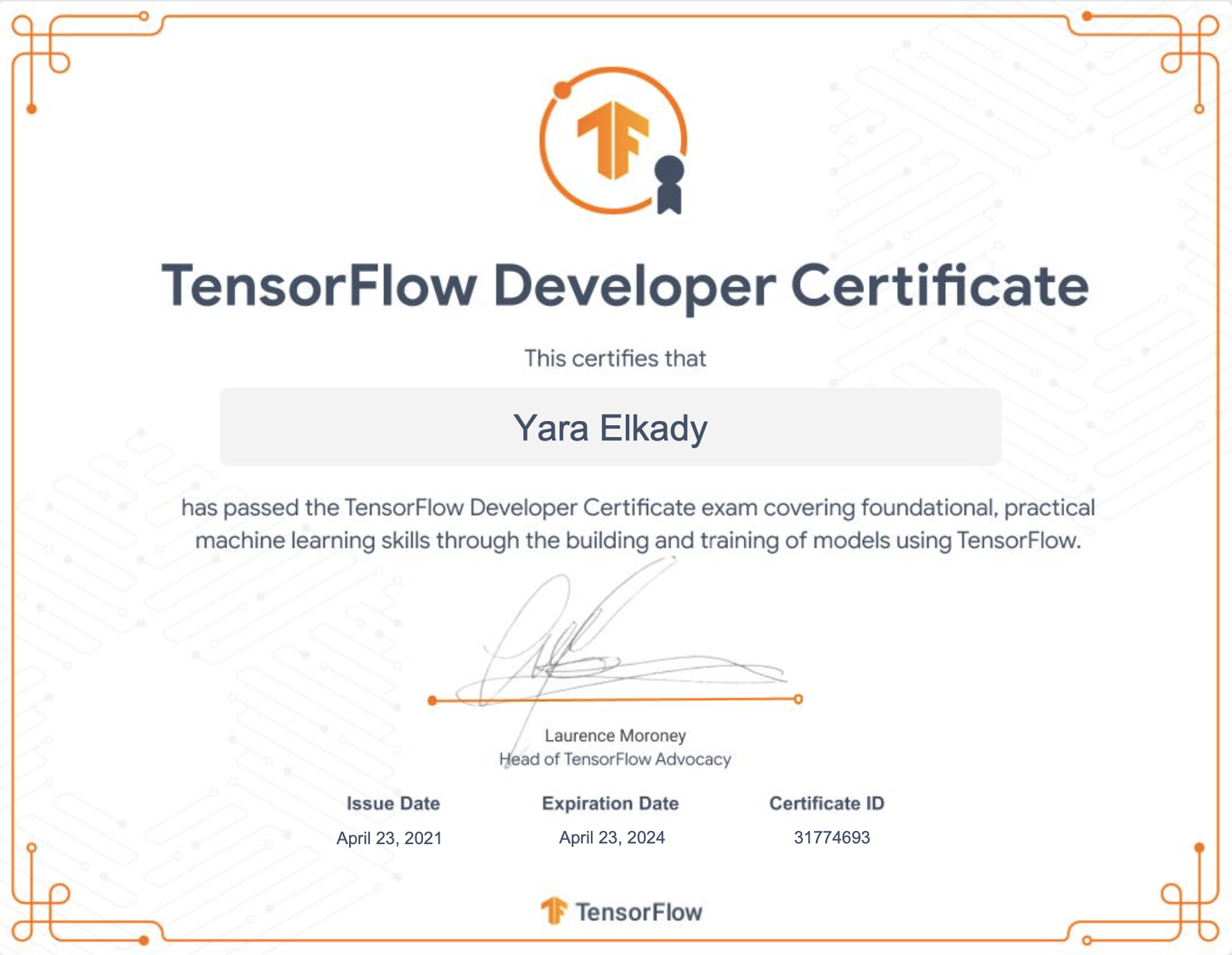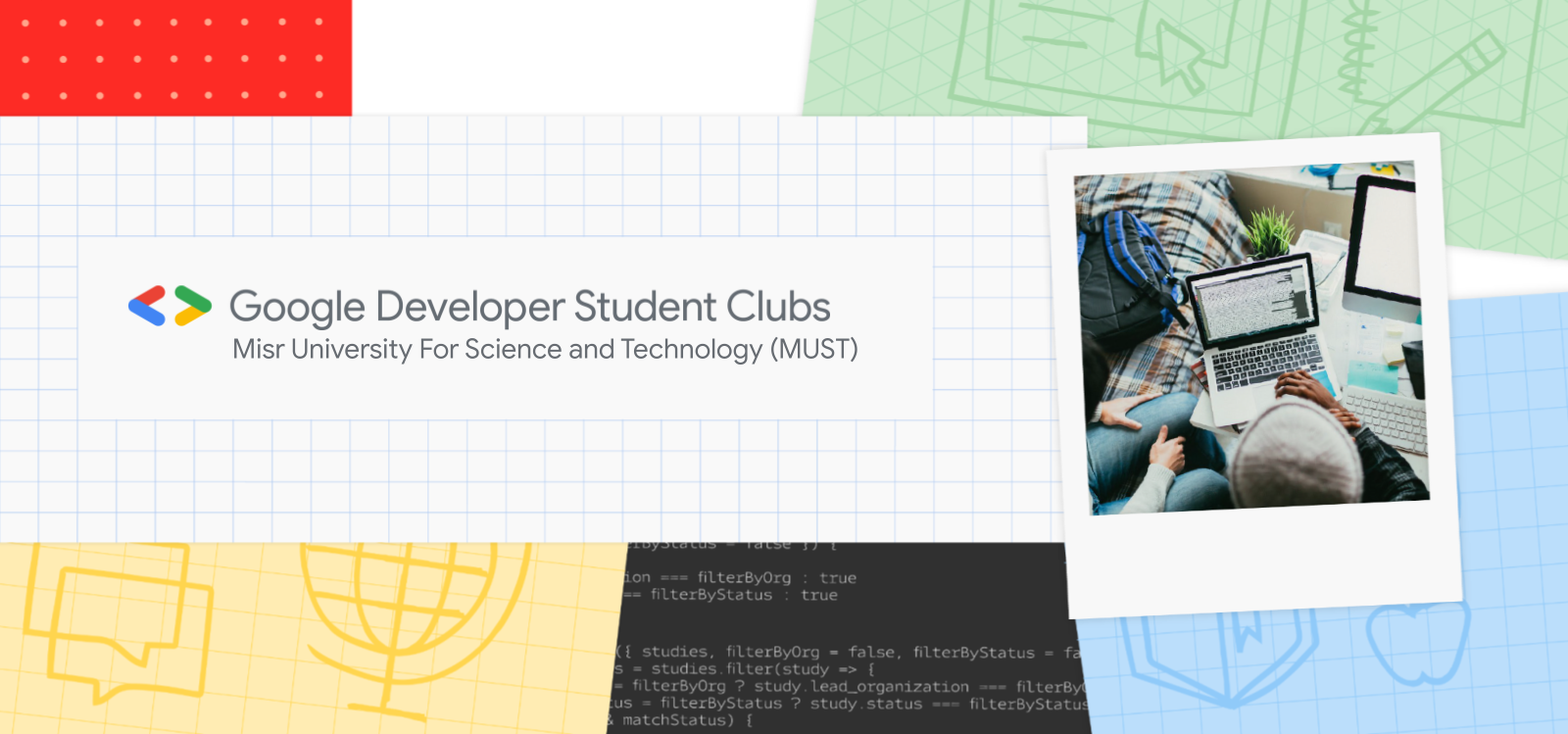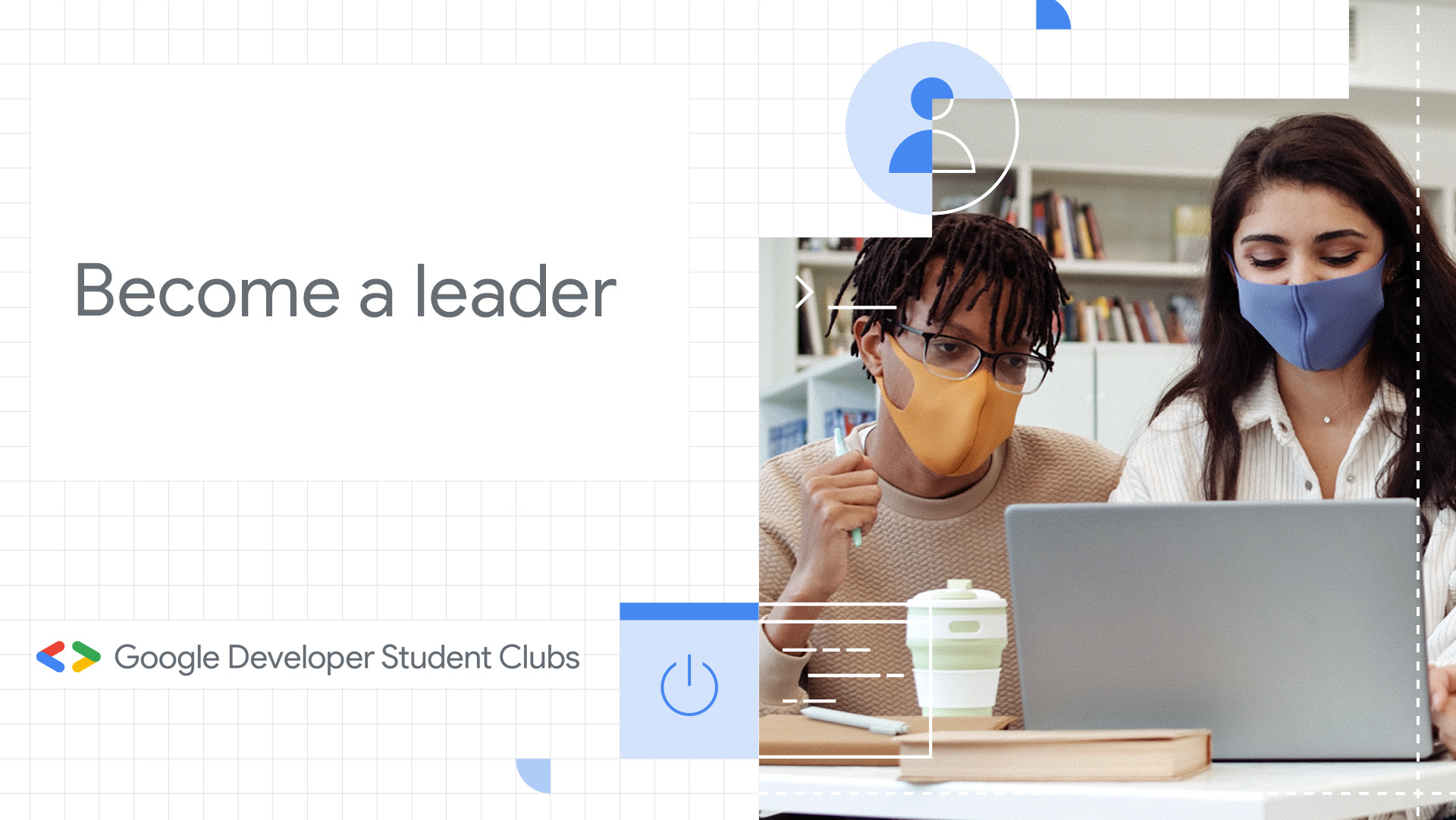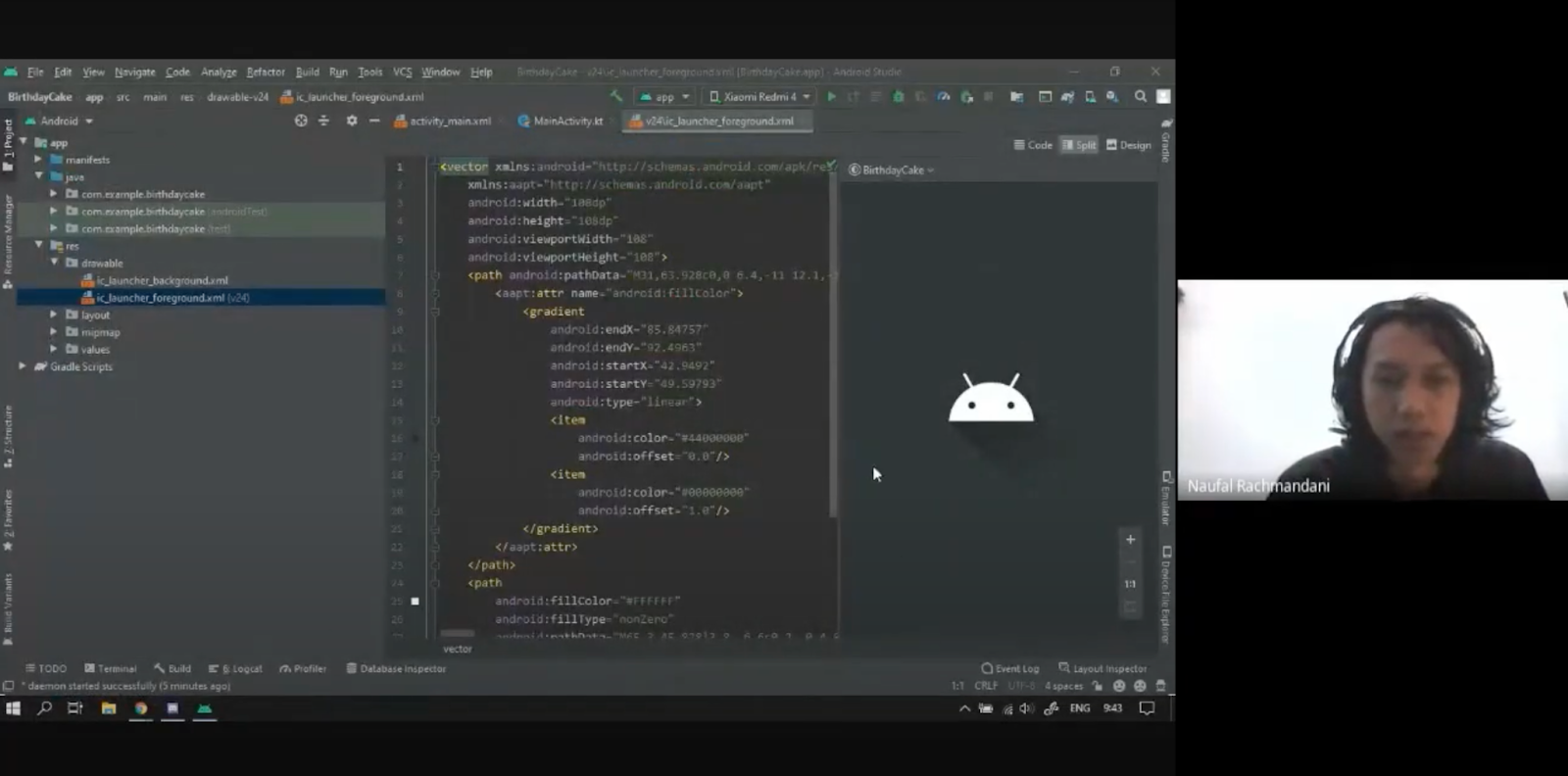Posted by Matthew Ranocchiari, Developer Relations Community Manager, Australia & New Zealand
To get familiar with her local community, International student Milindi Kodikara, originally from Sri Lanka, joined almost every tech club at RMIT University in Melbourne, Australia. She immediately identified an opportunity to establish a more diverse and inclusive tech club to prepare students to work in the tech industry. Using both her instincts and passion for community building, she set out on a mission to re-establish a Google Developer Student Club (GDSC) at RMIT University.
Preparing students for tech careers
After starting the club, Milindi sought the advice of Matthew Ranocchiari (Google Developer Relations Community Manager for the region) who then suggested Milindi form a team, set goals, and plan activities for the semester. Milindi assembled a team of seven students hailing from Malaysia, the Philippines, Indonesia, Bangladesh, and Sri Lanka. They brought a mix of technical and non-technical backgrounds. Each shared an eagerness to learn about technology, help other students build projects, and develop leadership skills.
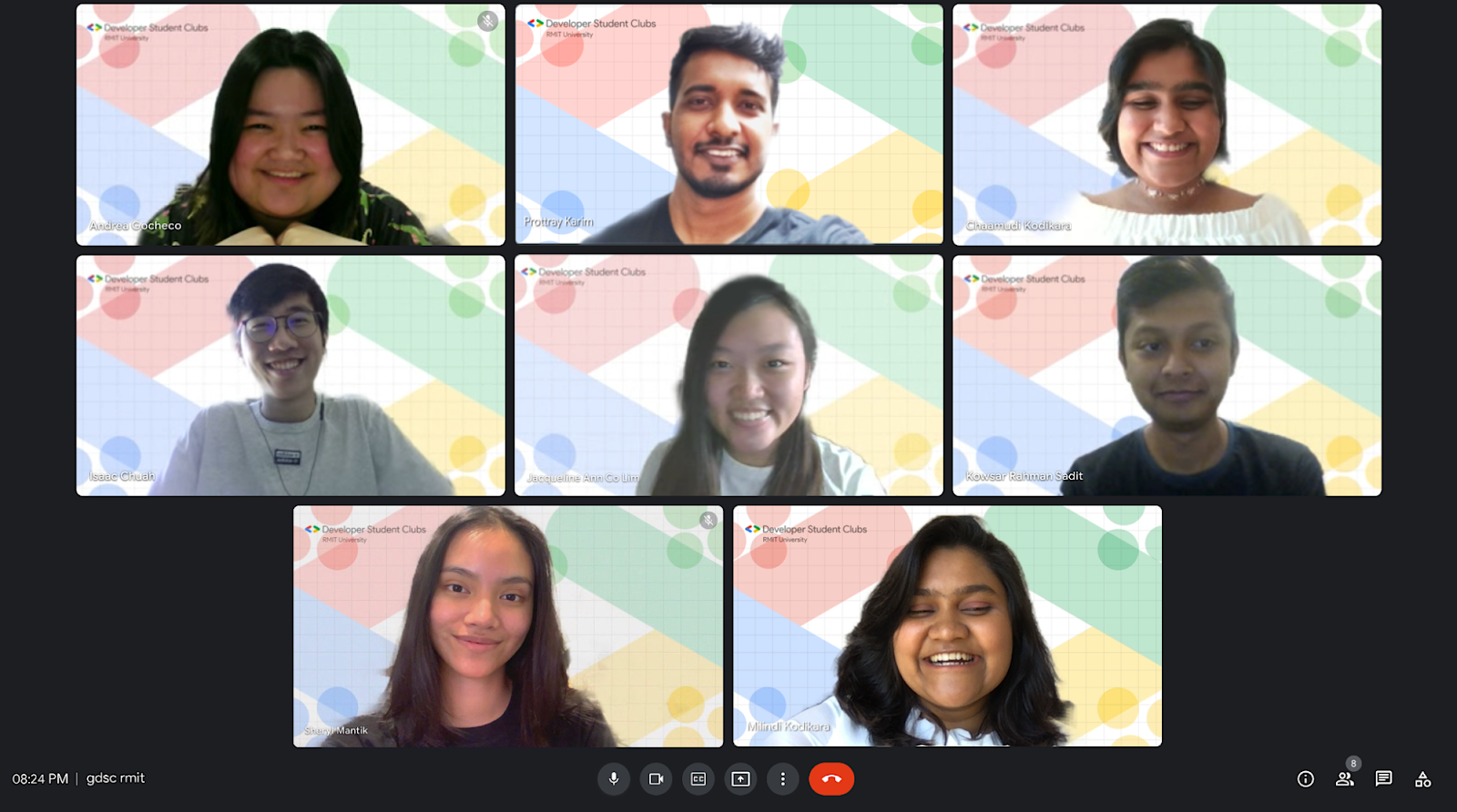
Social media officer Chaamudi Kodikara, helped set up the club’s various channels, which currently engage 400+ students every day. Design experts Isaac (Yi Jie) Chuah, Jacqueline Ann Lim, and Andrea Gocheco; event managers Sheryl Mantik and Kowsar Rahman Sadit; and a tech expert Prottay Karim each round out the group.
Planning a “Study Jam-packed” semester
When asking students what they wanted from the new club, most students said they were seeking an opportunity to learn how to land a tech job through networking, get a sense of what tech jobs are like day-to-day, and explore various technologies. Most of all, they wanted to feel empowered. With these goals in mind, the team planned multiple events per month, including an inaugural virtual Games Night, a series of lightning talks (called Geeky Google Tech Talks), and Cloud Study Jams.
“As Cloud is already a field that is in high demand, we thought our community could benefit from learning this for their own career success,” explains Milindi.
Embracing school spirit and multiple learning opportunities
To ensure students would be prepared for workshops on Artificial Intelligence, Machine Learning, and robotics, the club held beginner-friendly programs that introduced students to the topics. They launched these in collaboration with RMIT's Society for Women in Information Technology, RMIT's Programming Club and additional partners and sponsors. The club’s HackVision hackathon, featured games, mentoring sessions, and workshops on topics such as public speaking, pitching ideas, ideation, UX/UI design, and software architecture.
With a wide variety of workshops that drew many attendees, the events and facilitators helped students with their technical queries throughout the semester. Some facilitators such as industry professional Thomas Frantz, Google Chrome Engineer, Jakub Młynarczyk, and Patrick Haralabidis of the Melbourne TensorFlow User Group stay connected with the students. Their connections and willingness to help solidifies the importance of mentorship. For example, one instructor led a machine learning workshop, while another one walked students through the complex algorithm-related questions asked during technical job interviews. Milindi herself led a live robotics demo where she programmed Nao Bots to dance to music and showed other students how to program the robots.
“These workshops helped them expand their tech skills to unexplored areas and help them feel confident at interviews. Our speakers showed students what is possible with these new technologies and machines. The time and effort spent on this event was truly rewarding seeing how much all the participants learned and experienced,” Milindi says.
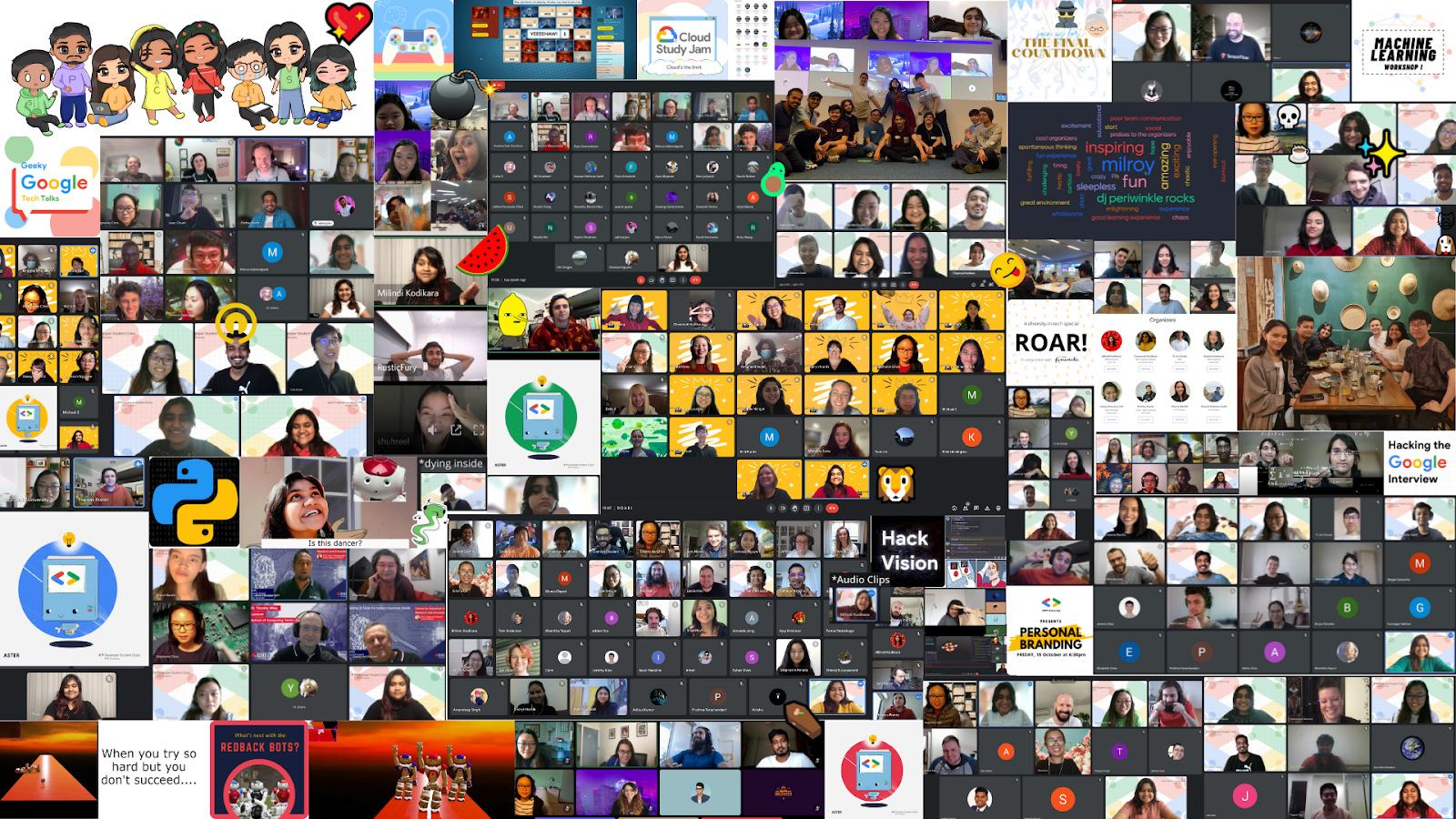
Representation and professional development
Professional development remains important too, notes Milindi. “We here at GDSC RMIT have quite a diverse community, and we wanted to make sure our community was well prepared for the hardships of finding success.” She says, "as a female international student, I've had to apply to hundreds of companies when I was looking for internships, so I understand the struggle of applying for jobs, especially the frustration that comes with being rejected, in most cases, for reasons beyond your control, like visa issues.”
In this spirit, the club collaborated with RMIT's Society for Women in Information Technology to hold an event called "ROAR!” to empower female and underrepresented students. The event included an #IamRemarkable workshop with Googlers. Additionally, the club encouraged students to develop their resumes and LinkedIn profiles and offered a Personal Branding workshop, giving students multiple opportunities to showcase their talents and abilities.
Preparing a diverse student body for tech careers
Milindi expresses gratitude for having the opportunity to reinvigorate the community around RMIT University’s Google Developer Student Club. She relishes the ability to bring diverse students from many countries and gender identities together in the service of developing new skills, learning from each other, and ultimately landing jobs in the fast-growing tech industry.
"My amazing Core Team and I have given GDSC at RMIT University a new chapter and made a safe space for tech nerds of all ages, races, genders, and sexualities to feel welcome to be themselves and strive to be successful," Milindi says. "I am grateful for this fantastic opportunity to serve our community and help make the world a better place.”
For more information on this GDSC chapter visit the site here. If you’re a student and would like to join a Google Developer Student Club community, look for a chapter near you here, or visit the program page to learn more about starting one in your area.





